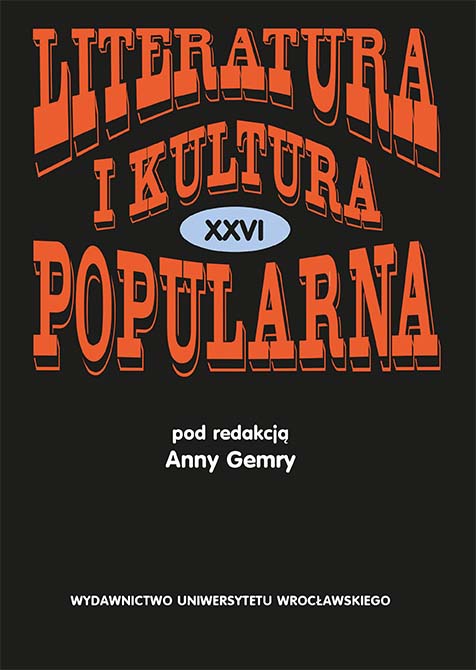

Artykuły

As a rule, there are many meanings of the term “fantastic” in all languages. There are twelve of them recorded in the Ukrainian explanatory dictionary. This is not a complete list. The author of the dictionary entry mixes independent phenomena such as “magical”, key elements of phenomena such as “bizarre” and abstract concepts such as “impossible”. Literary critics from V. Derzhavin, Tz. Todorov to modern ones explore fantastic fiction through bordering notions. In this article, I focus on four meanings the fantastic fiction concept consists of, and not only has similarities with. These are “wonderful”, “miracle”, “amazing” and “bizarre”.
Due to ideological factors, primarily declarative atheism and the attribution of bourgeois nationalism to the nation, the miraculous-miracle-marvellous triple remained outside the attention of researchers, since it was necessary to talk about the influence of religion on the formation of literature. The only type of fantastic fiction recognised in the Soviet Union was science fiction, and it had to be separated from religion. Now it is important to describe the formation of fantastic fiction, exploring the path from the intersection of adjacent phenomena to its merger, relying on the works of both classical literature and modern fantastic fiction which represents the entire range of interaction of fantastic fiction meanings. The article describes the structure of fantastic fiction and its inner nature. The issues of meta-genre and mega-genre are disclosed. It is explained why fantastic fiction cannot be considered as a genre in the structure of Ukrainian literary criticism. The article also provides an extensive overview of meta-genre theories in the post-soviet space.